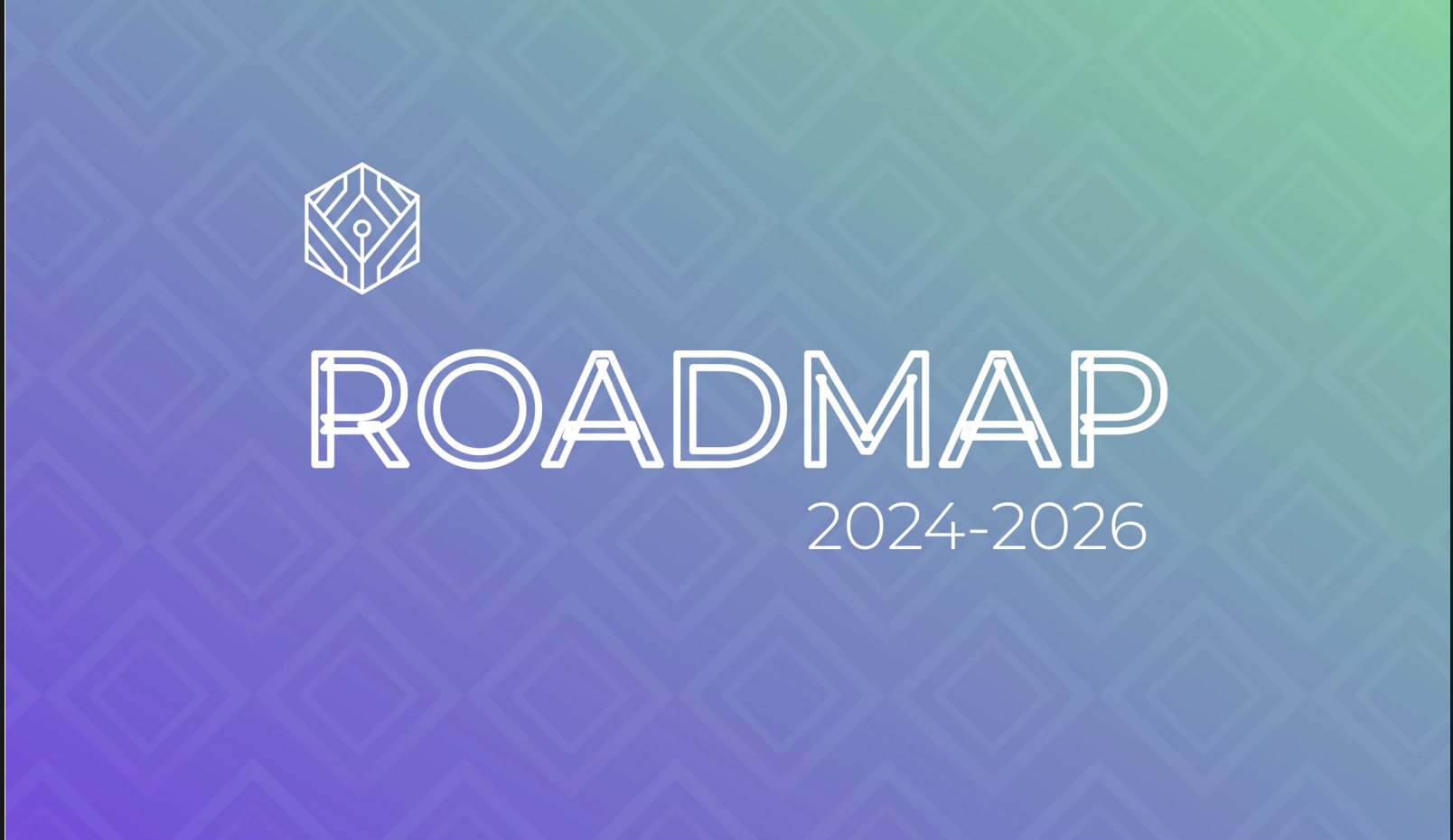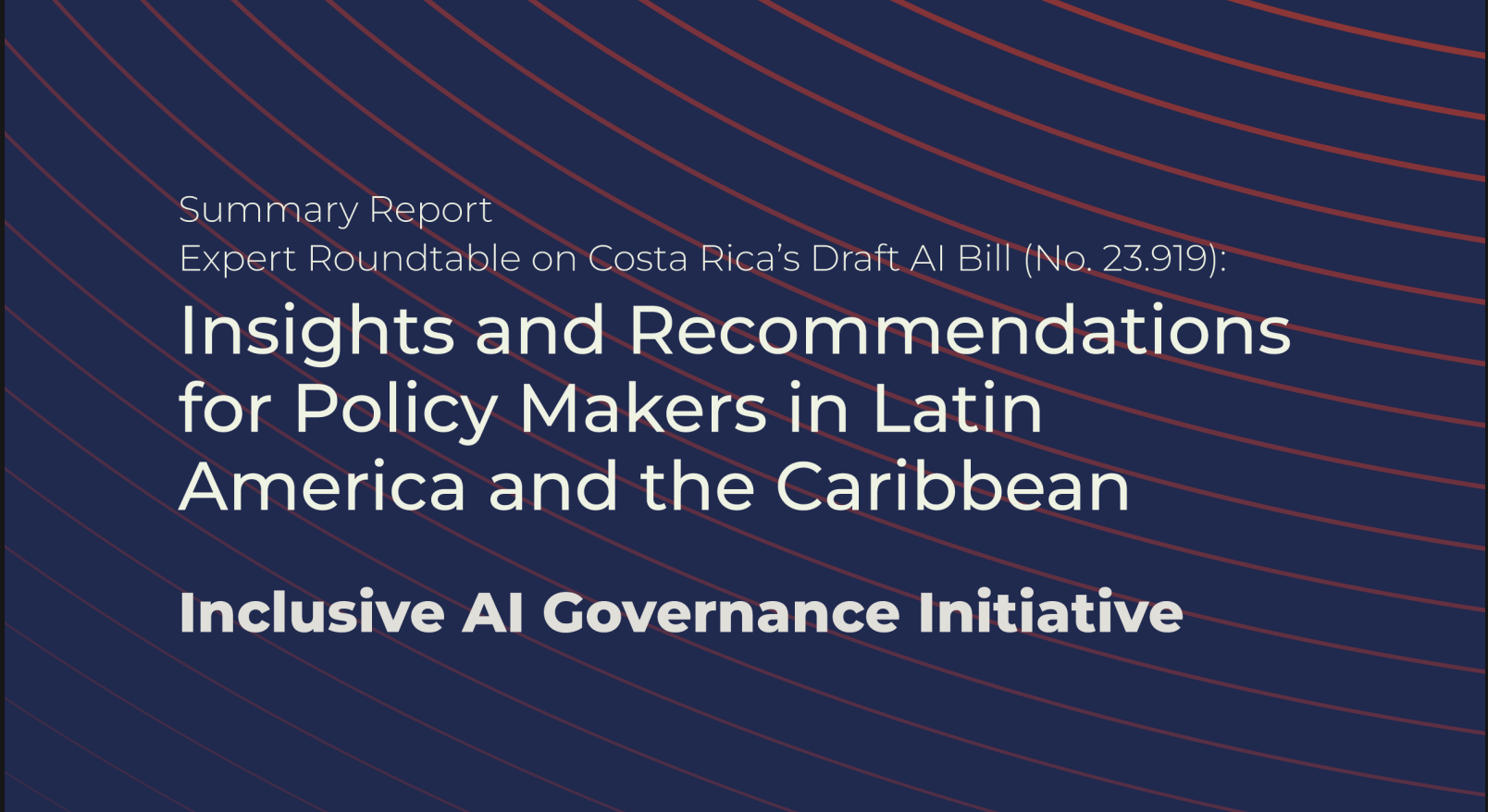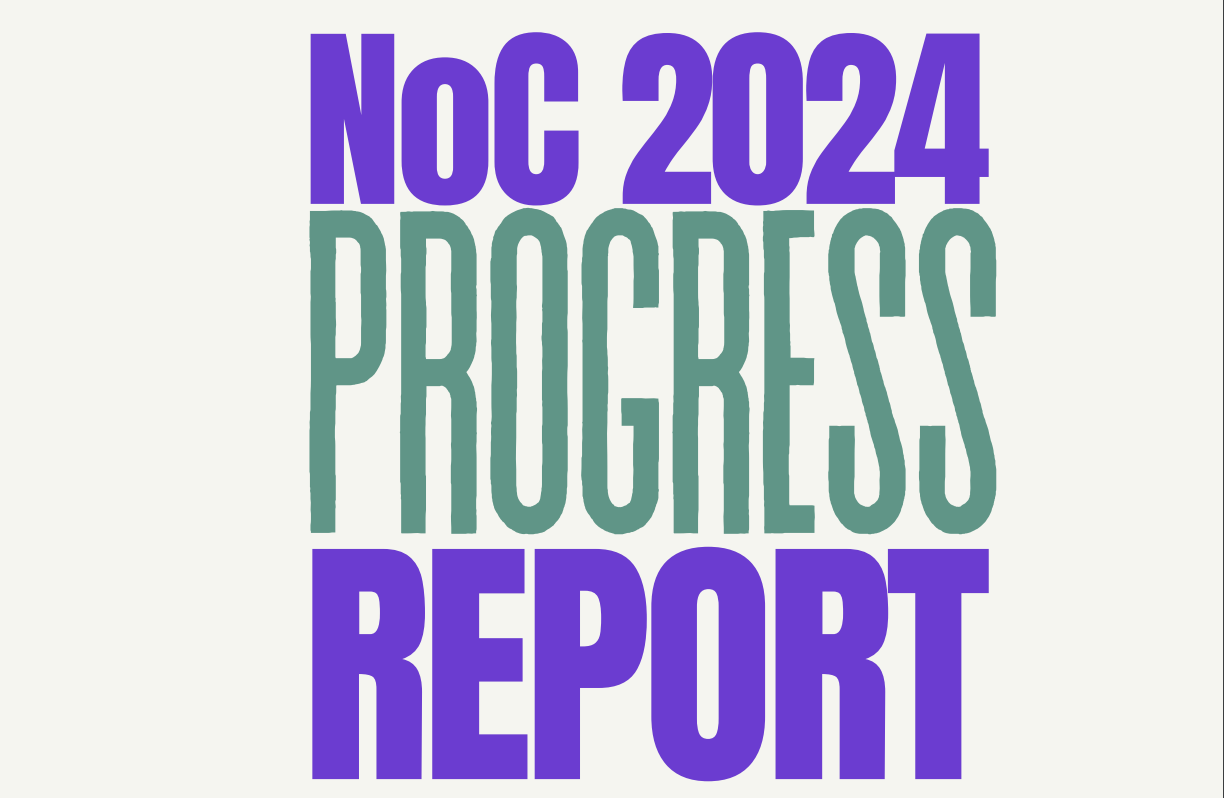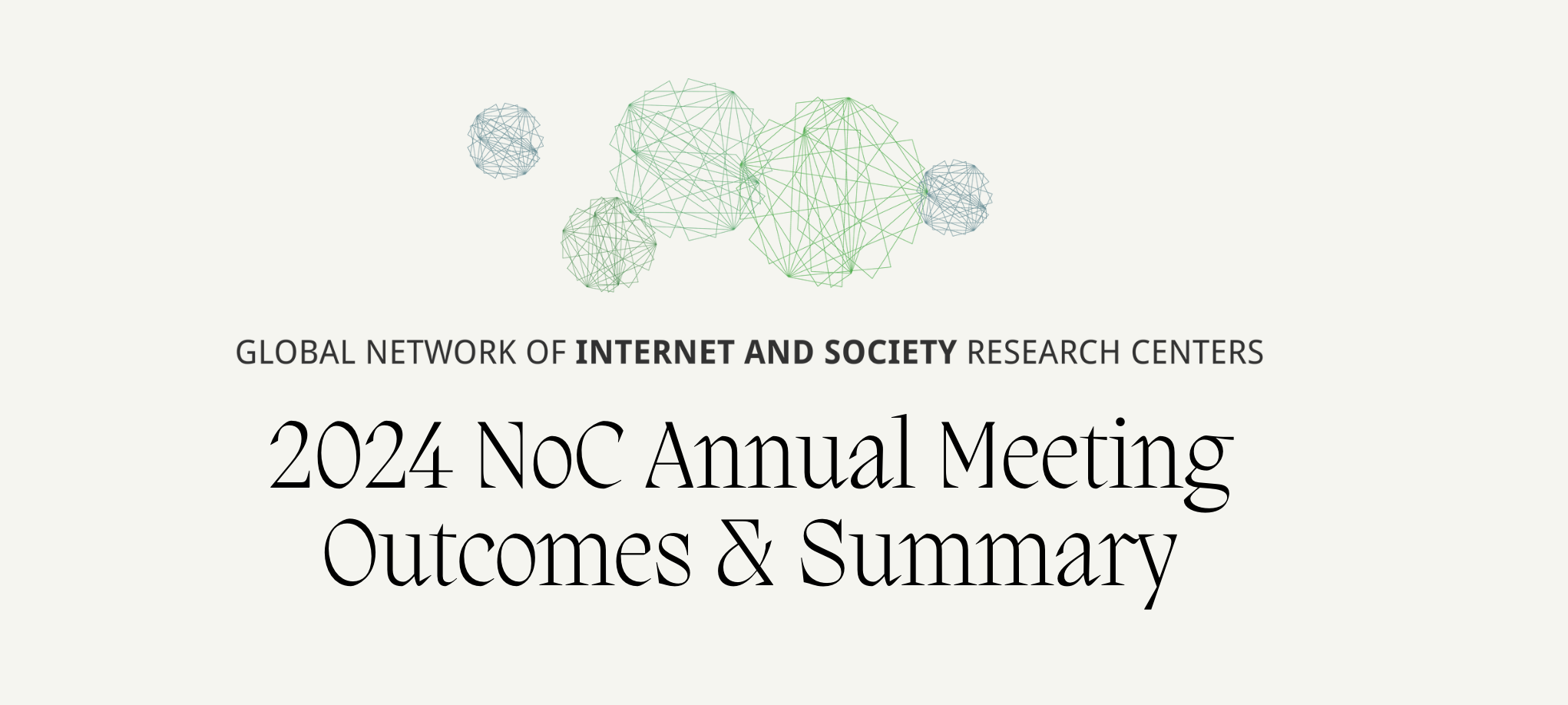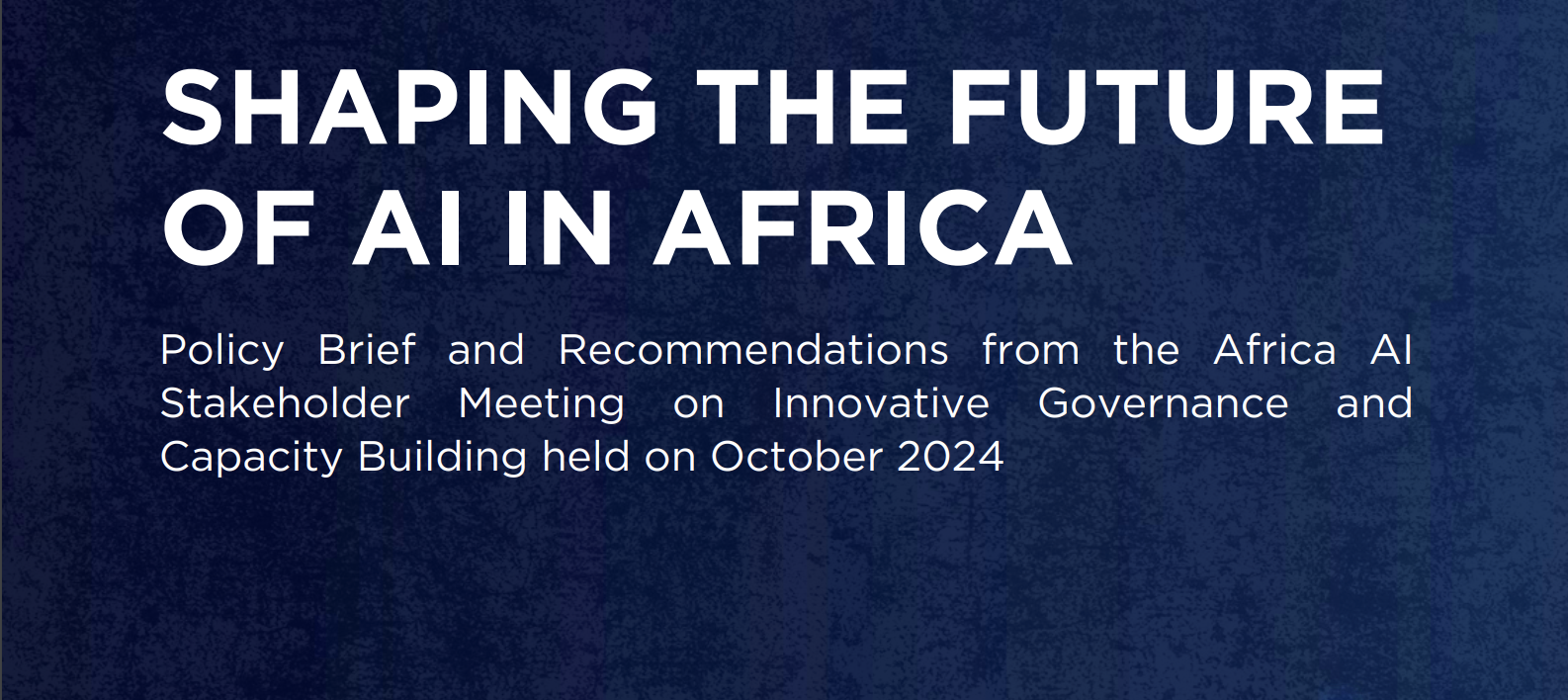About
About the Network of Centers (NoC)
The NoC a collaborative initiative among academic institutions with a focus on interdisciplinary research on the development, social impact, policy implications, and legal issues concerning the Internet. This collective aims to increase interoperability between participating centers in order to stimulate the creation of new cross-national, cross-disciplinary conversation, debate, teaching, learning, and engagement regarding the most pressing questions around new technologies, social change, and related policy and regulatory developments.
Why the NoC was Created
A growing number of academic research institutions are focused on exploring a wide range of important issues concerning the future of the Internet and related technologies. Representing diverse disciplines, methodologies, and viewpoints, these institutions have sought to analyze and understand the growing impact of digital technologies on society and share those findings in such ways that serve the public interest. In the process, they grapple with a complex set of topics and issues of national, regional, and global importance, including policy, regulation and governance, human behavior and social impact, new markets and business models, intellectual property, privacy, and security, and many other issues. Acknowledging a lack of internationally coordinated research and engagement activities in the areas mentioned above, a group of academic centers launched the NoC in 2012, within an international Symposium on Internet-Driven Developments: Structural Changes and Tipping Points (SCTP), hosted by the Berkman Klein Center for Internet & Society.
The NoC Secretariat
As a decentralized initiative, the NoC’s coordination periodically alternates among member Centers in the network and has included:
- 2013 - 2014: Alexander von Humboldt Institute for Internet and Society
- 2015 - 2016: Nexa Center for Internet & Society at Politecnico di Torino
- 2017 - 2019: Institute for Technology and Society of Rio (ITS Rio)
- 2020 - 2023: Berkman Klein Center for Internet Society at Harvard University
Guiding Principles
Upon joining the Network, participants commit to a set of Guiding Principles, including a set of core values such as openness, collaboration, and diversity. The Network operates independent from governments, political parties and economic interests and does not take formal positions on policy issues.
Roadmaps
The 2024-2026 roadmap represents the culmination of extensive consultations and collaborative efforts across our Network over recent months. This roadmap outlines possible activities and charts pathways toward exciting new collaborations in innovative topics such as AI and Quantum Computing. Furthermore, it describes various forms of cooperation and engagement among the Centers. Based on the inputs received during the consultation process, the roadmap also proposes a series of focus areas that Centers are invited to consider in the coming months.
The 2017-2018 roadmap addresses the challenges of a growing global network of academic institutions. In a highly connected world in which public and private choices are shaping every sphere of individual activity, researchers of Internet and society issues are becoming increasingly important to translate and map ahead the changes. One specific challenge addressed in the roadmap is to reflect on how academia can interact with other stakeholders. What are the objectives, the parameters and the expected outcomes of such interactions? In proposing a framework to deal with this question, the roadmap also indicates focus areas for cross-disciplinary research, such as artificial intelligence, blockchain and internet blocking.
The 2015-2016 Roadmap outlines the strategy towards enabling actual exchange between Internet & Society researchers across the globe. In fact, in order to serve the public interest, studying Internet & Society topics calls for a deep analysis of ongoing trends of national, regional, and global importance, including policy, regulation and governance. Cross-disciplinary dialogues and, more in general, an advanced coordination of worldwide research endeavors on Internet & Society can help to neutrally inform global debates, so to achieve a clearer understanding of complex and distributed phenomena that pertain to the Internet, its impact, and its evolution.
The 2014 Roadmap outlines proposed next steps regarding the second phase of collaboration among the participants in the Network. It builds upon the first Symposium on “Internet Driven Developments: Structural Changes and Tipping Points” that took place at Harvard University from December 6-8, 2012 and has been further developed in the subsequent regional Network conversations and meetings that took place in 2013. These include meetings hosted by ICT Law Institute at Bilgi University, Istanbul, by the Center for Technology & Society at FGV School of Law, Rio de Janeiro, and by the Alexander von Humboldt Institute for Internet and Society (HIIG), Berlin. The Network’s activities in 2014 will scale accordingly with the no longer nascent Network, ramping up to include hard research outputs and significant contributions in key policy debates.
The initial year and first phase of development was guided by the NoC's 2013 Roadmap, which outlined a range of enablers such as events, learning calls, or researcher exchanges within the Network. Again, this roadmap fed from the valuable feedback that came out of the Symposium on "Internet-Driven Developments: Structural Changes and Tipping Points" that took place at Harvard University on December 6-8, 2012.
GET INVOLVED
Are you part of a Center interested in joining the NoC?
The NoC is an informal network of peers based on actual collaboration. The network is currently coordinated by the Berkman Klein Center for Internet & Society. The NoC encompasses two types of participants:
- “Participating Centers”, i.e., academic research centers whose agenda is primarily focused on Internet & Society topics;
- “Affiliated Participants”, i.e., other types of institutions, still with Internet & Society-related open threads, carried out, e.g., as non-academic research centers, policy-support entities, or think tanks.
For more information on how to join the NoC with your center, please reach out to contact@networkofcenters.net. Applications are periodically reviewed by the NoC Excecutive Committee.
There are many other ways to get involved with the NoC: research opportunities, courses, events, physical and virtual conversations, fellowships and internships, and more. We look forward to learning new ways in which we can together advance our studies and impact.

